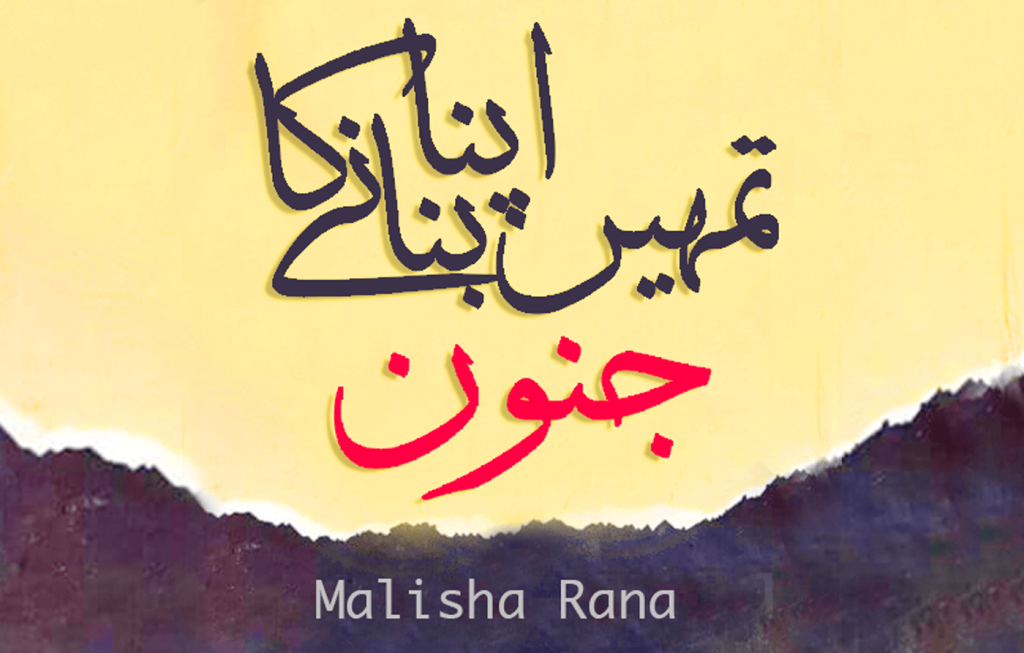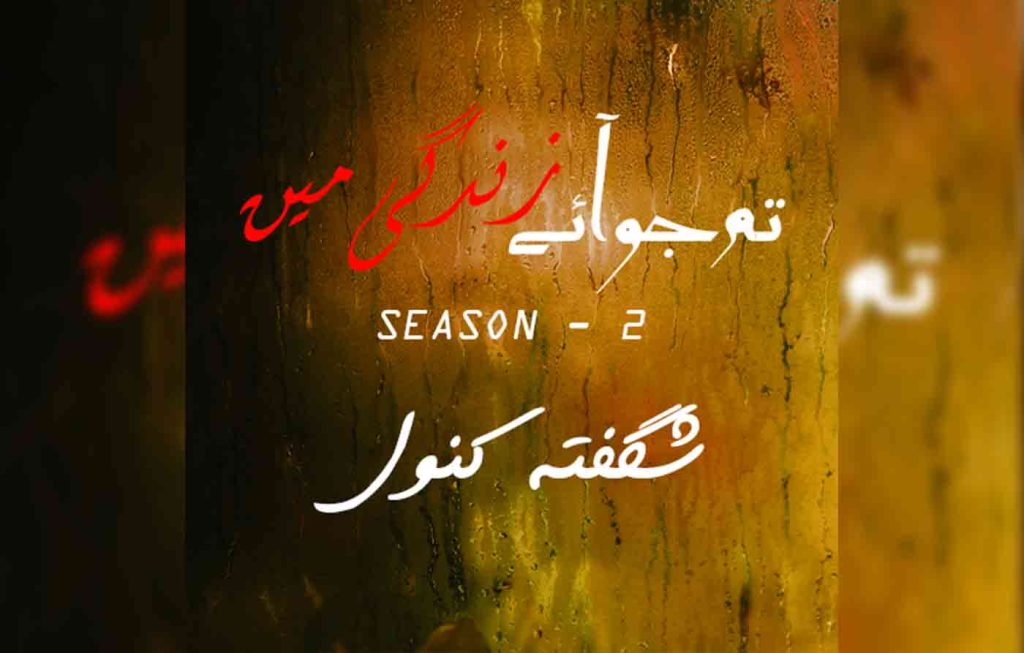
“Tumhe Apna Banane Ka Junoon” by Malisha Rana: A Journey of Love and Obsession
“Tumhe Apna Banane Ka Junoon” is an interesting novel by Malisha Rana that tries to fit romance with the psychological element of obsession. The title itself speaks volumes regarding what one should expect from this book—some kind of fierce longing to make someone one’s own at all costs. The following blog post is my analysis of the plot, characters, and themes that make this book an absolute read for all those who love intense romantic dramas.
“Tumhe Apna Banane Ka Junoon” is the story of Arjun and Meher—how their relationship started off with an ignition in the form of real love but slowly went on to become a hurricane of obsession and possessiveness. Successful and suave, Arjun meets the equally outgoing Meher, who could be termed as the new-age girl with dreams different from the rest and aspirations to live life fully. The first few meetings between the two were oozing with chemistry and promise of a classic love story.
The troubling dynamics set in only after their romance deepens, due to Arjun’s unremitting desire to have Meher all to himself. This love of his, which was passionate and affectionate, turned into an all-consuming obsession. The gradual change of character Arjun goes through—from passionate lover to obsessive—is taut and often disquieting for Meher’s sense of self and autonomy.
The strength of Malisha Rana’s storytelling lies in her deft characterization. Arjun comes across as a multidimensional character whose love seems to straddle the thin line separating it from obsession. He does make for an interesting character, for he is not much of a villain but a flawed and anguished soul overwhelmed by the desire to enslave and be loved in return. This turmoil and mental depth that he is enveloped in make him an interesting, sometimes disturbing, protagonist.
In contrast, Meher is a strong-headed and independent woman. The struggle to retain her desires and independence in the face of Arjun’s possessiveness finds expression through her journey. Rana does a great job capturing Meher’s inner turmoil and growth, creating her as a very strong and relatable female lead.
One of the central themes of “Tumhe Apna Banane Ka Junoon” is pointedly the nature of obsession in relationships. It states that intense emotions can sometimes result in devastating outcomes if taken to extremes. The obsession of Arjun for Meher shows how love, at times, merely becomes a kind of control over a human being, taking away all those things that make life beautiful in a relationship.
Another dominant theme is self-worth and personal space. This struggle of Meher to hold on to her identity while being smothered by the obsessive love of Arjun establishes how important self-respect is and how indispensable it is to draw boundaries in relationships. Rana acting out Meher’s spirit and rise becomes a strong statement regarding the price of personal space and the lethal costs that can be paid in the name of love.
Malisha Rana writes to both engage and evoke, drawing readers into the emotional landscape of her characters. Her prose is abundant in detail and psychological insight, thus allowing readers the visceral experience of tugging emotions that wrack the characters’ inner turmoil and tension in their relationship. The pacing of the novel keeps one on edge with twists and turns reflective of the very nature of love and obsession: unpredictable.
“Tumhe Apna Banane Ka Junoon” is a fast-paced novel by Malisha Rana, covering deep complexities of love and obsession and personal autonomy. It picks up one of the most controversial lines drawn between the two through the characters of Arjun and Meher. The novel gives a thought-provoking insight into possessiveness, how it can affect relationships, and how a person should maintain his identity.
An interesting and engaging read, especially for those readers to whom emotional storyline, rich development of characters, and psychologically deep plot create meaning in a fiction book, Malisha Rana has sustained the same foundation of intensity and reflectiveness in her “Tumhe Apna Banane Ka Junoon”, which makes her work outstanding in modern romantic fiction.



















